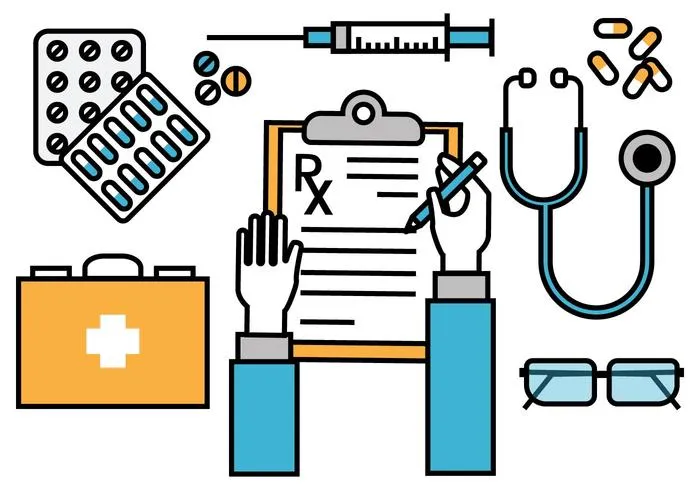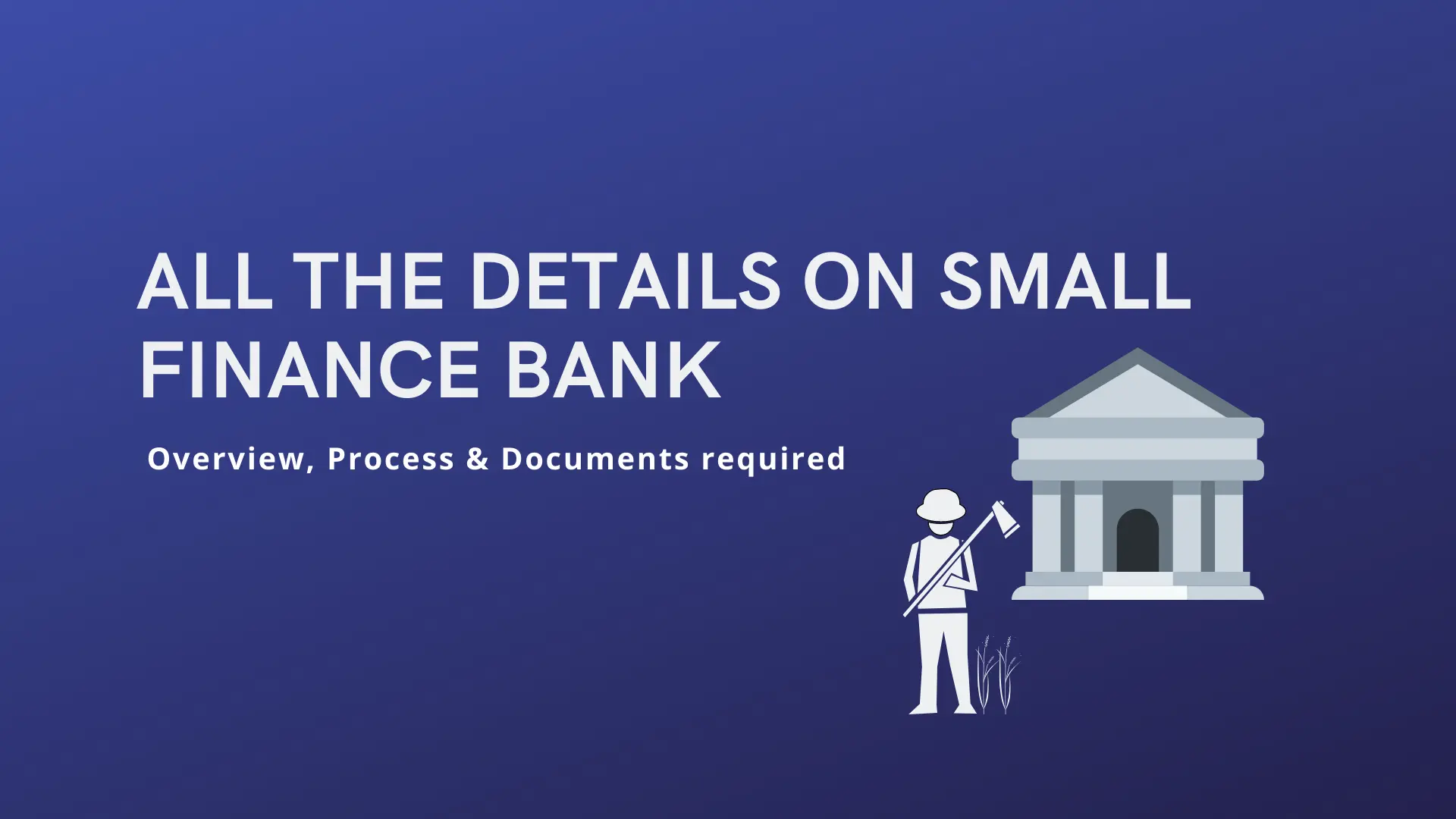

Transforming Healthcare: Blockchain based Medical prescription tracking
How Blockchain will solve fake medicines problem

credits - google.com
The directions in which blockchain technology is evolving, health care holds a prominent position. And there are a number of good reasons for its prominence. Companies in healthcare and other industries are already testing waters and developing solutions on Blockchain.
The MediLedger Project, backed by a group of companies that includes pharma giants Genentech and Pfizer, has successfully piloted a program that uses blockchain to track medicines. They aim to track the entire supply chain of medicine from the manufacturer uptill the patient.
Blockchain technology is seeing great success in real-world applications that utilize supply chains. Given the very nature of the immutable and distributed ledger enabled by blockchain, the potential for using the revolutionary new technology for tracking purposes is immense. With the healthcare industry now being highly digitized and consequently suffering from data-fatigue, using a blockchain based system makes sense to keep track of this immense volume of data and providing the sector with much-needed relief.
Prescription tracking is a very good use-case for deploying a blockchain-based solution. As digitized patient information is still not utilized to the best of its abilities and results in procedural repetitions incurring both costs and time, a decentralized medical prescription tracking system can help in streamlining the process. As per the National Sample Survey Organization (NSSO), between 2000-2014, while the GDP per capita based on purchasing power parity (PPP) grew by 121%, the average medical expenditure grew by 176%. That’s almost 60 percentage points more. Reportedly, switching to a digital set-up is projected to save nearly $400 billion annually.
Thus, by the implementing a digital, blockchain-centric solution, all the different parties involved stand to reap the benefits, in terms of time, money as well as better organization of the valuable healthcare data.
A project involving medical prescription tracking via blockchain can be implemented using the Hyperledger Fabric platform, an open source enterprise-grade permissioned distributed ledger technology (DLT) platform, designed for use in enterprise contexts. By hosting multiple nodes on the Fabric blockchain, the various parties involved can be connected, namely the hospitals, the pharmacies, e-pharmacies, and the patients. The pilot based on the same Fabric chain can be made accessible for each involved network participant through the use of applications; customized both in implementation as well as design as per the pertinent user. Furthermore, in terms of scalability, the Hyperledger Fabric can handle 1000 transactions per second on an average.
A Web-based App for doctors working in the connected hospitals as well as the participating pharmacies and e-pharmacies can be deployed. The doctors can upload a patient’s prescription data via the App while pharmacies and e-pharmacies can access that data and send notifications to said patient if the prescribed medicines are available in the pharmacy. Notably, in many cases, such as long-term users of particular meds, say those prescribed to heart medication, can be reminded to get refills. For patients, Android/iOS apps can be developed and made available. This way, patients can check out pharmacies near to their location along with medicine availability. Moreover, a crypto wallet can be incorporated into the app, allowing patients to spend tokens via their mobile app to make purchases. As patients will have a clean and simple way to access their digital records while having complete autonomy, they will have their complete medical history at their disposal. Moreover, if need be, they can give access to other doctors without having to repeat the process of conveying relevant information.
The system will work in the following fashion:
- Upon a hospital visit, the concerned doctor will upload the patient’s prescription data post-diagnosis. Using Fabric’s private transaction feature, the hash of this data will be added to the blockchain.
- Keeping in mind that patient data is highly confidential, it will be kept private and access will only on a request basis and enabled only for concerned participants. This will be achieved via implementing a solution such as a zero-knowledge proof. (In cryptography, a zero-knowledge proof or zero-knowledge protocol is a method by which one party can prove to another party that she knows a value x, without conveying any information apart from the fact that she knows the value x )
- Doctors will be able to see previous medical prescriptions of the patient with their permission and proceed accordingly. This will be especially useful when specialists conducting tests, diagnosis or administering treatment need to know specifics from the patient history like allergies or existing conditions.
- Pharmacies and E-Pharmacies will be able to use this data in conjunction with their inventory reports and generate new reports based on market demand.
- Data collected through this system can also be utilised for further research and development, without ever compromising patient privacy.
Use Cases -
- Eliminating the need to carry prescriptions
- Reducing the number of orders getting rejected due to unclear or invalid prescriptions
- Enables user to get all prescriptions from one platform
- Eliminate Substance abuse
- Authentic and Audited medical records
- Avoid medicine frauds
Thus, as evident by the blockchain-based medical prescription tracking system described above, better management of data can vastly improve the healthcare industry. In the highly digitised world so reliant on a data-driven economy, blockchain can help make lives easier.
For more information and to explore the solution in detail, connect with Quillhash Technologies. Quillhash Technologies is working extensively in multiple sectors to improve efficiency in operations and functioning of Enterprises through Blockchain technology.







